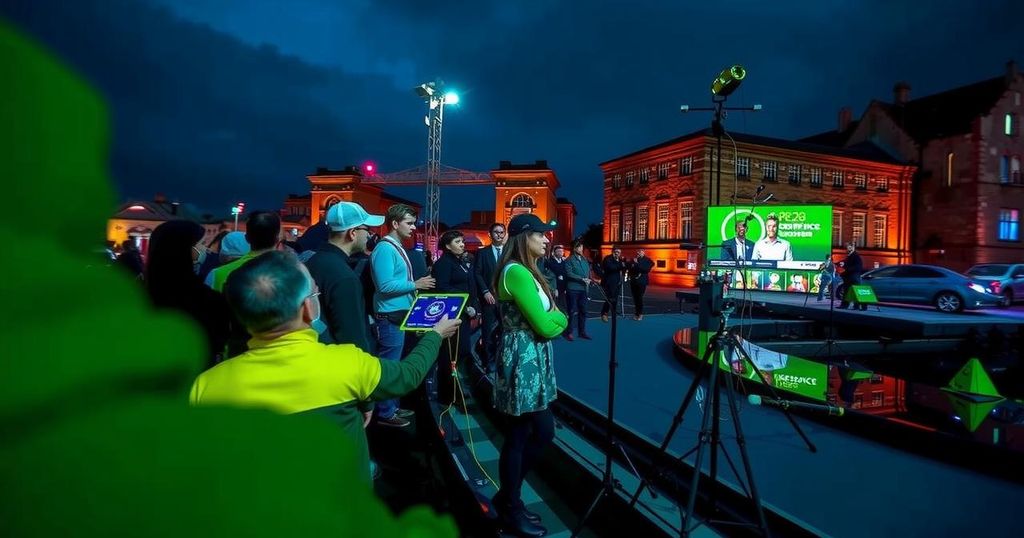COP29 resulted in an insufficient climate finance agreement of USD 300 billion by 2035, disappointing many. Although loopholes in the deal and a lack of accountability for polluters were noted, civil society’s persistent demands for climate justice underscored the urgency for action. Looking forward, COP30 in Brazil holds hope for more decisive climate commitments.
The 29th UN Conference on Climate Change (COP29) concluded in Baku, Azerbaijan, following strenuous negotiations aimed at establishing substantial financial commitments for climate actions. Regrettably, the final agreement merely called for a public climate finance goal of USD 300 billion by 2035, which falls significantly short of expectations. While the agreement avoided a reversal of earlier commitments to transition away from fossil fuels, it introduced concerning loopholes regarding carbon markets and omitted the pivotal principle of holding polluters accountable.
Despite the setbacks at COP29, the mobilization of civil society demonstrated unwavering resolve for climate justice. Activists creatively navigated restrictive guidelines to voice their demands, underscoring the urgent need for decisive action against climate change. Looking forward, COP30 will take place next year in Belem, Brazil, where hopes are high for renewed commitments to address climate vulnerabilities comprehensively. Climate justice hinges not only on financial aid for loss and damage but also on substantial investments in adaptation and mitigation measures. The outcome of COP29 may not have met the critical needs of climate-stricken communities, yet the determination to secure a sustainable future remains resolute.
COP29 was characterized as a ‘finance COP’, where nations were anticipated to arrive prepared to negotiate various financial packages aimed at strengthening the global response to climate change. The expectations were particularly high following commitments made at COP28 and the recent Biodiversity COP16. However, the conference’s protracted discussions did not yield the intended, transformative financial goals needed to combat the escalating climate crisis. Initial hopes for meaningful outcomes were ultimately unfulfilled, leading to widespread disappointment among stakeholders advocating for climate action.
In conclusion, while COP29 does indicate a continuation of dialogue regarding climate action, the results have been largely perceived as inadequate in the face of a pressing climate emergency. The modest financial target set and the withdrawal of crucial principles signal the ongoing challenges in achieving comprehensive climate justice. Nonetheless, the resolve of civil society has highlighted a compelling demand for action, setting the stage for potentially more ambitious negotiations at COP30 in Brazil. The fight for a sustainable and equitable future must persist with renewed vigor.
Original Source: www.greenpeace.org






